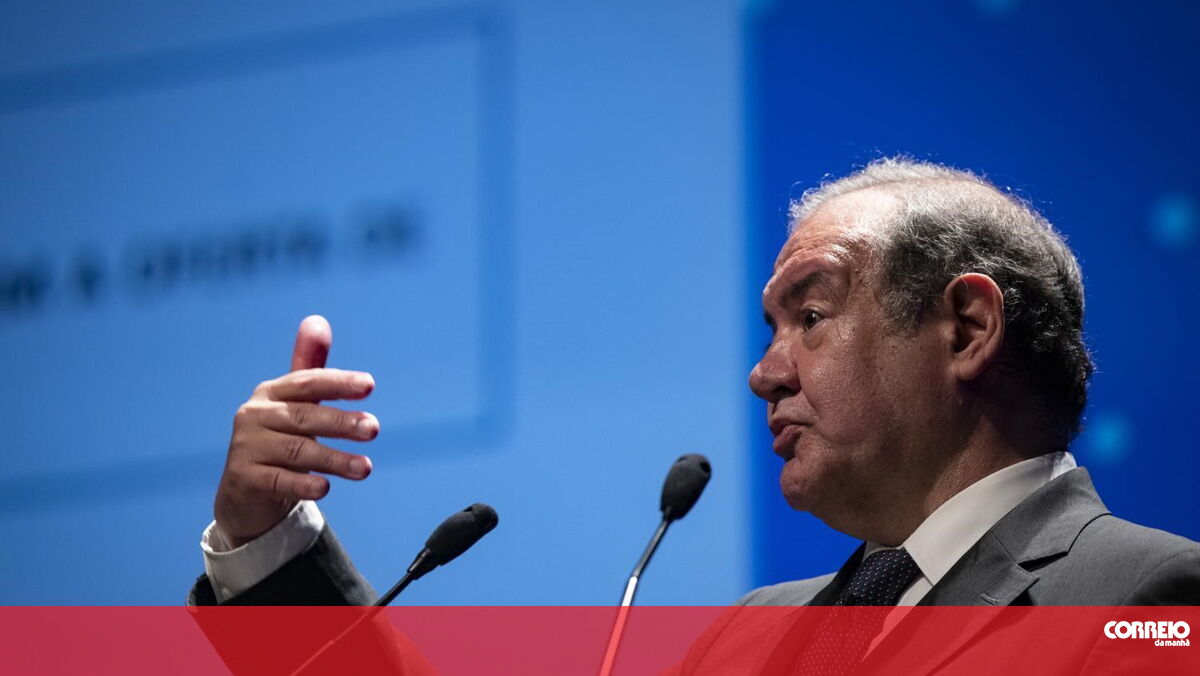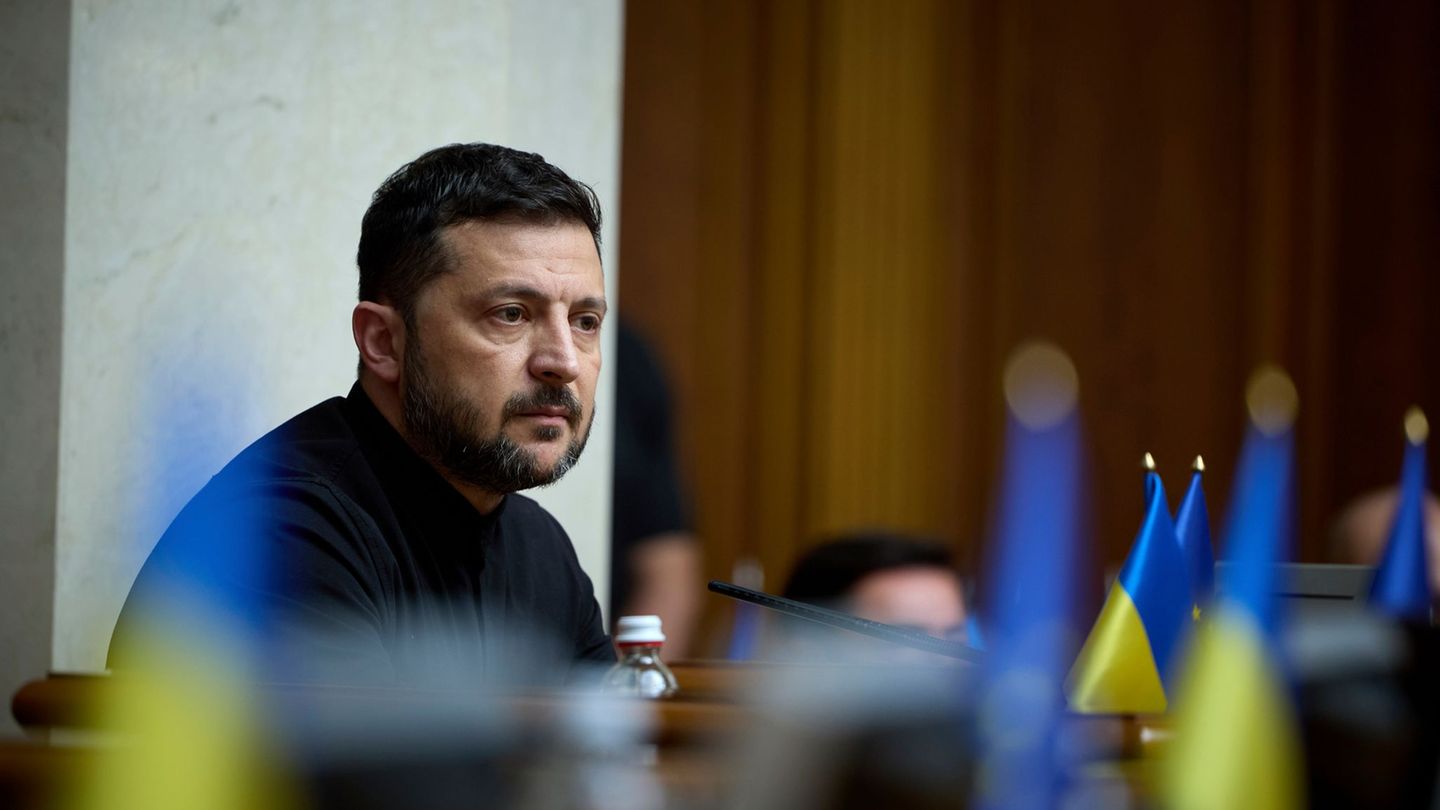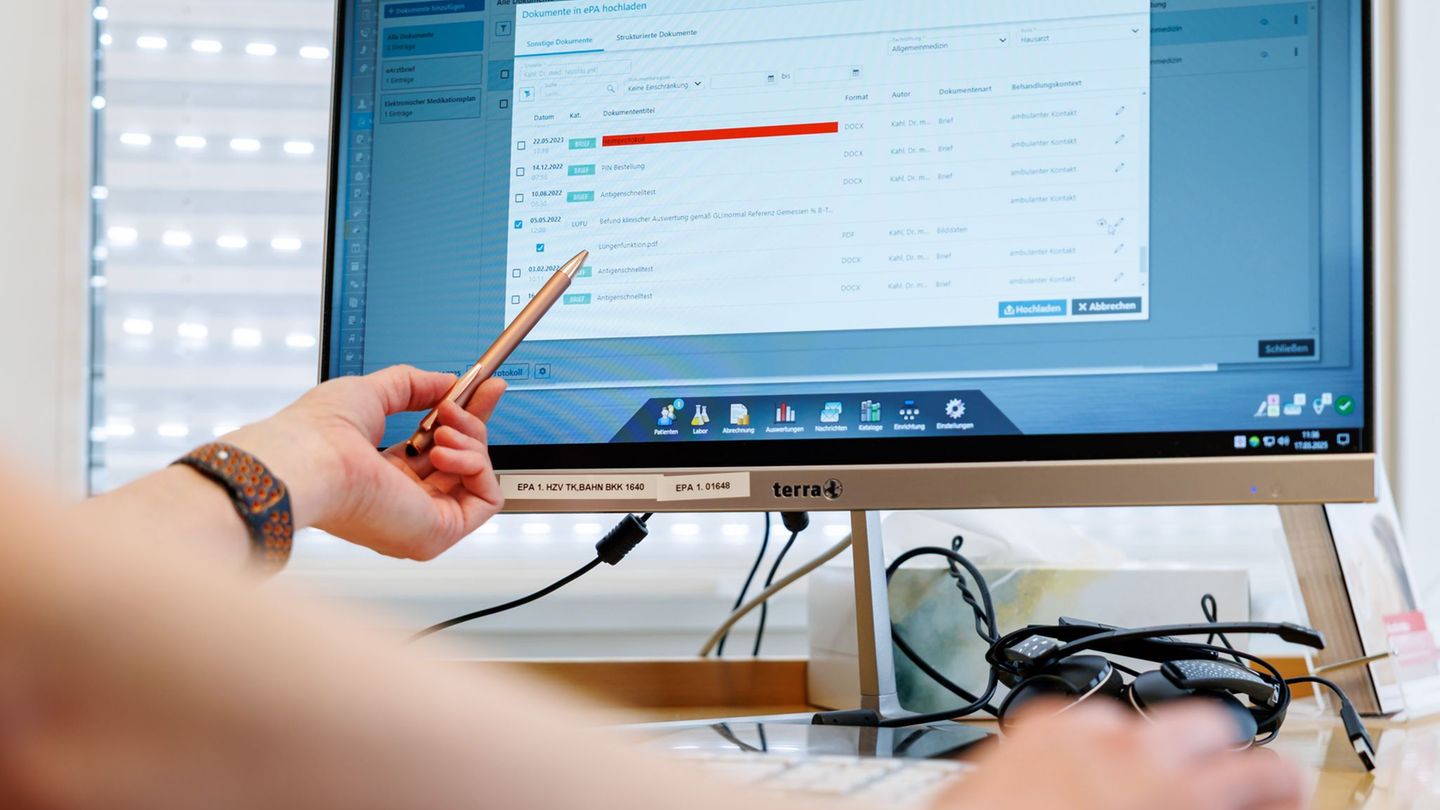The economy minister said this Thursday that the world is in a new “geopolitical and monetary era” in the face of Russia’s invasion of Ukraine, arguing that the worst thing to do is “simplify it”, acknowledging that there is still more to be done. .
“In difficult situations, the worst thing we can do is simplify things. […]. Let’s not forget that the world changed on February 24, 2022. [invasão da Ucrânia]. We are in a new geopolitical and monetary era,” António Costa Silva said in parliament in response to a question from the PKP parliamentary group to the government about rising prices and deteriorating living conditions.
Faced with such a scenario, the official said the implications for Europe and the world are “very significant.”
At the same time, he recalled that there are no “miraculous solutions”, but it is guaranteed that the executive branch is “sensitive” to such problems as salaries, pensions and the standard of living of the Portuguese.
“We have our Minister of Labor, [Ana Mendes Godinho]who is extremely belligerent and has already explained that 128 million euros have been allocated for the food basket,” he stressed.
Costa Silva also stressed that “contrary to what many say,” the Portuguese economy is showing strong momentum, with gross domestic product (GDP) growing by more than 11% in the first quarter compared to the same period last year.
The Minister of Economy and the Sea believes that the leverage of domestic demand and net external demand has been “remarkable”, especially in sectors such as services or tourism.
According to the chief, this year the tourism sector will break the record set in 2019, which will contribute to the growth of the country.
“This is not enough, but we are working to ensure that there are other levers,” he said.
The head of the economics and maritime department also described the export growth of about 18% between January and April this year as “surprising” as many companies have a full order book.
While acknowledging that “there are things that can be improved”, the manager also recalled that the country will receive funds from Portugal until 2030 and the Recovery and Resilience Plan, helping to change the “evolutionary profile of the Portuguese economy”.
As such, he added that PRR’s innovation programs will focus on what he considers “core” sectors such as the metalworking industry, the marine bioeconomy, molds or the “software” industry.
Answering a question about the decision of the airport in the Lisbon region, António Costa Silva reminded that “this is not within his competence”, but promised to follow the topic “with great concern”, hoping that all issues would be resolved.
Author: Lusa
Source: CM Jornal




